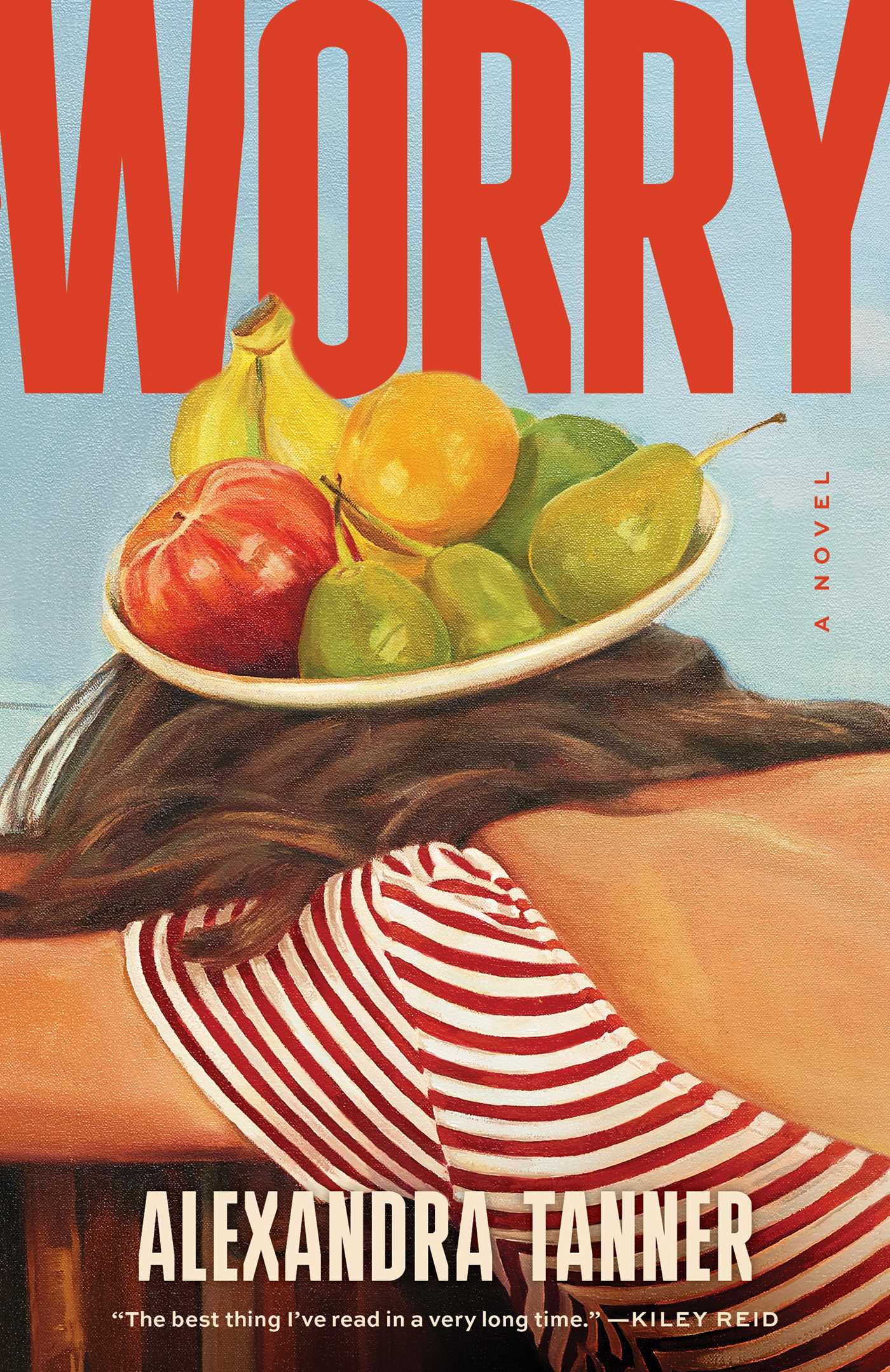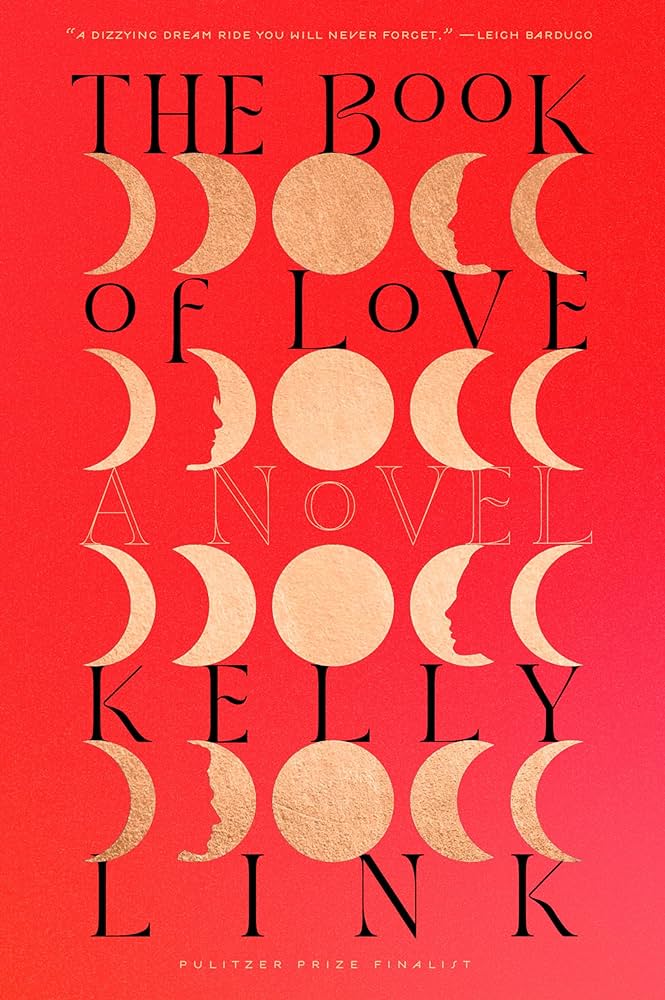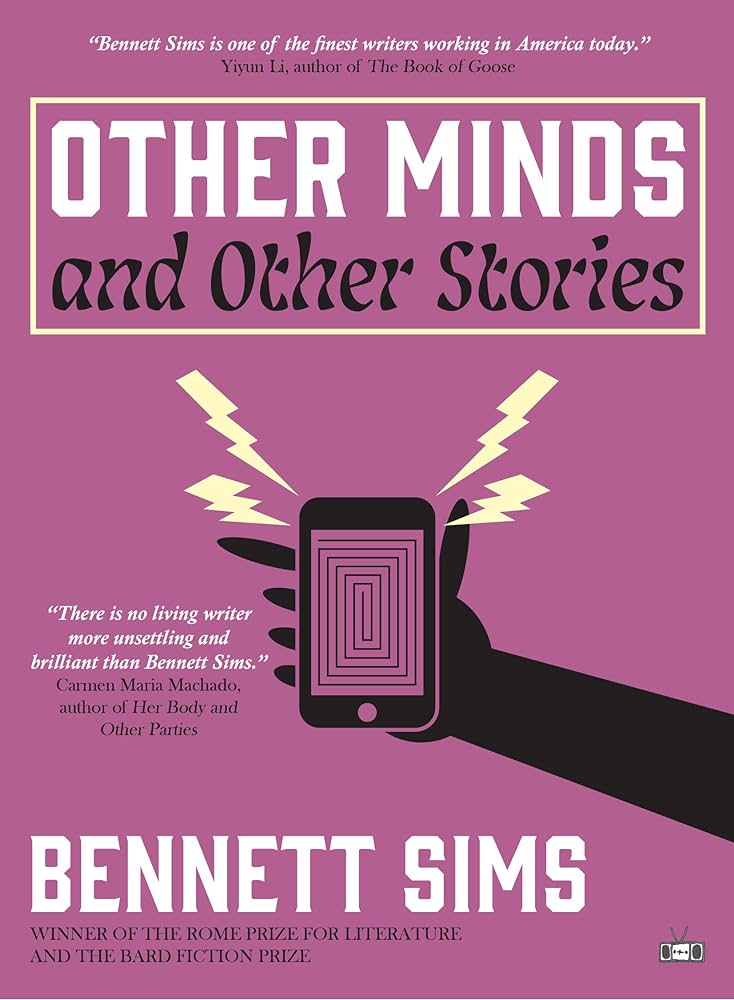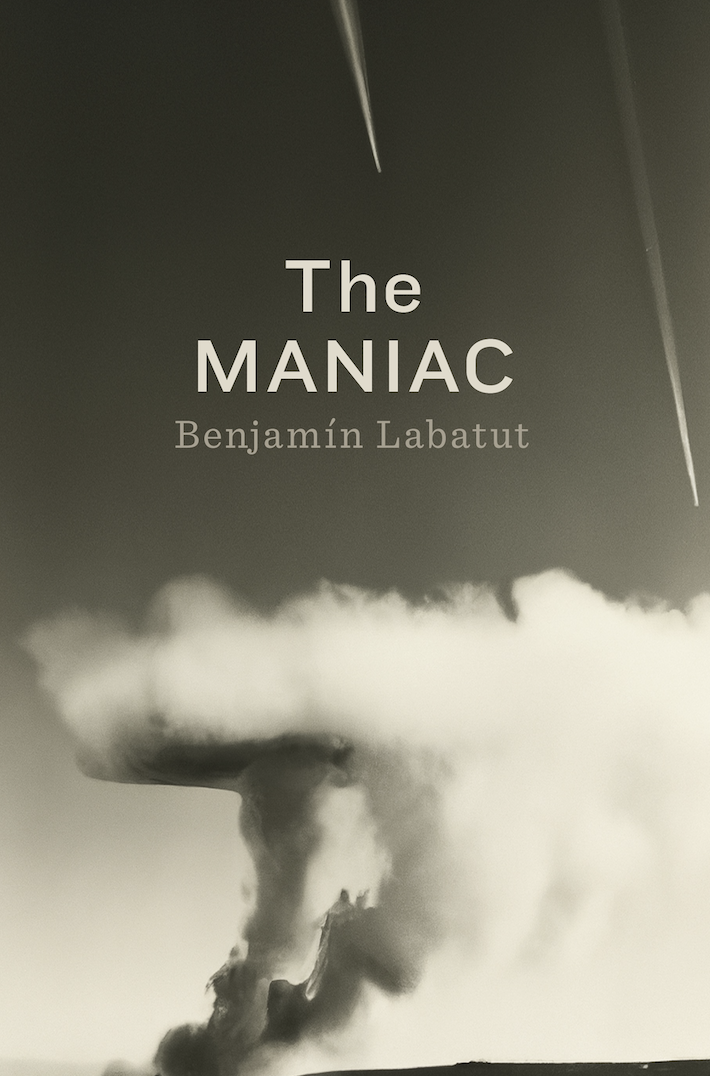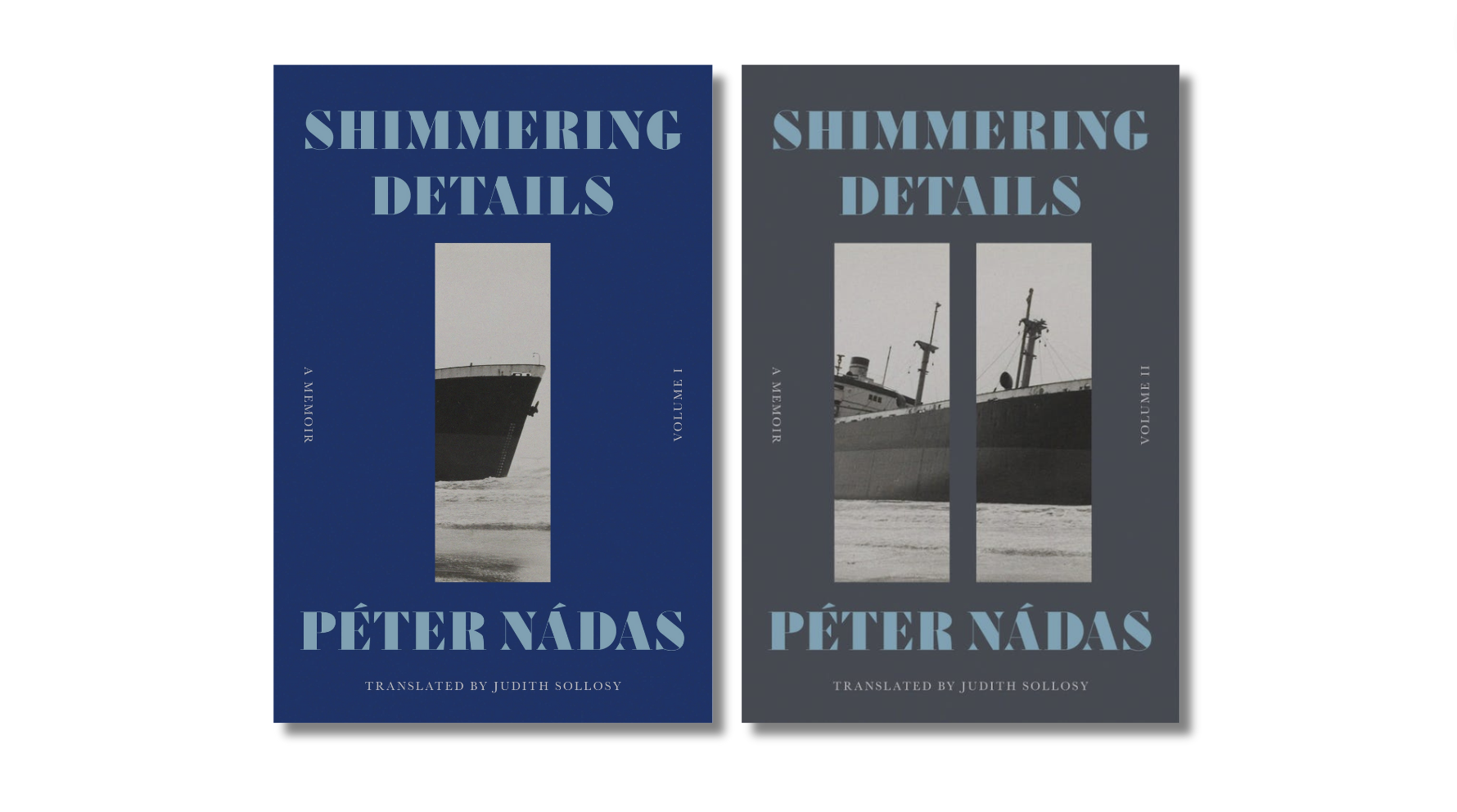 When it comes to detective novels, we all know the drill. One page one, a mysterious blonde turns up with a job offer the detective soon learns is a ruse for the job she really wants him to do. Or maybe the phone rings in the middle of the night with a whispered tip about a murder. Or maybe, just to keep things simple, the story can begin late at night on the rough side of town when a figure steps out from the fog, his face shrouded in shadow. There’s a shout, a cry for help, and then — bang! bang! — the victim falls into the gutter and we’re left with the sound of murderer’s footsteps echoing against the pavement.
When it comes to detective novels, we all know the drill. One page one, a mysterious blonde turns up with a job offer the detective soon learns is a ruse for the job she really wants him to do. Or maybe the phone rings in the middle of the night with a whispered tip about a murder. Or maybe, just to keep things simple, the story can begin late at night on the rough side of town when a figure steps out from the fog, his face shrouded in shadow. There’s a shout, a cry for help, and then — bang! bang! — the victim falls into the gutter and we’re left with the sound of murderer’s footsteps echoing against the pavement.
Sara Gran, author of the gutsy new Claire DeWitt detective series, is too cool for such old-school detective novel stuff. Her latest book, the second in the series, Claire DeWitt and the Bohemian Highway, opens not with a murder or a mysterious blonde, but with this decidedly unnoirish sentence: “I met Paul when a friend of my friend Tabitha played at the Hotel Utah late one Thursday night.” From this start, for two short, action-filled chapters, Paul and Claire — he a hipster musician, she a hipster private eye — fall in love, find themselves separated by circumstances, and move on. Or rather, Paul moves on, meeting a beautiful fellow musician named Lydia, with whom he starts a band and eventually marries. Claire, on the other hand, a coke-snorting, fitfully bisexual, Zen-koan-spouting San Francisco detective, buries herself in her work and one night dreams of quietly smoking a cigarette while Lydia drowns.
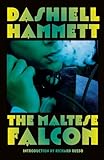 This is a detective novel, so Paul turns up dead in chapter three, but by then Gran has staked out her territory. Claire DeWitt and the Bohemian Highway, with its snappy prose and San Francisco setting, is both an homage to hard-boiled detective novels in the tradition of Dashiell Hammett’s The Maltese Falcon and at the same time a brash reboot of the genre for the 21st century. Like Hammett’s Sam Spade and Raymond Chandler’s Philip Marlowe, Claire DeWitt is one cool customer, solitary and cynical, nursing an existential hurt only the ceaseless search for the truth can salve.
This is a detective novel, so Paul turns up dead in chapter three, but by then Gran has staked out her territory. Claire DeWitt and the Bohemian Highway, with its snappy prose and San Francisco setting, is both an homage to hard-boiled detective novels in the tradition of Dashiell Hammett’s The Maltese Falcon and at the same time a brash reboot of the genre for the 21st century. Like Hammett’s Sam Spade and Raymond Chandler’s Philip Marlowe, Claire DeWitt is one cool customer, solitary and cynical, nursing an existential hurt only the ceaseless search for the truth can salve.
But Claire is funnier than her noir forebears, and a good deal funkier. She cannot, for instance, search a victim’s medicine cabinet without pocketing a few Vicodin for later use. She is also a disciple of a famous dead French detective named Jacques Silette, whose aphorism-rich how-to manual, Détection, she is forever quoting, and when she is stuck on a case she wanders deep into the Oakland Hills to seek the wisdom of a shaman-cum-homeless-guy she calls the Red Detective. If, at times, Gran leans a little too heavily on dream sequences and has a habit of letting quirk stand in for character trait, she is also capable of masterly gems like: “Maybe two people in love were like two trains, racing toward each other. With a whole town of saps in the middle, not hearing the whistle blow.”
Gran, who has written for the TNT series Southland, structures the Claire DeWitt books more like a cable series than a standard-issue mystery series. While mystery writers often allow their investigator to grow over time, letting him or her get married, have kids, go into rehab, get sober, and so on, the books themselves tend to reset to zero each time, with a new crime and a new set of facts for the detective to grapple with. In the Claire DeWitt series, each book focuses on a different crime, but the stories and characters overlap from book to book.
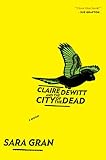 This can be confusing to a reader who begins, as I did, with The Bohemian Highway and finds himself trying to make sense of stray references to two kids from New Orleans, Andray and Terrell, who, it turns out, figure prominently in the first book in the series, Claire DeWitt and the City of the Dead, published in 2011. But the continuing story lines, along with a series of interlocking flashbacks to Claire’s teen years in Brooklyn and Manhattan’s Lower East Side, give the books an overarching narrative scope and tone that, like with cable series like Breaking Bad or Mad Men, encourage binge-reading sessions. (Soon you may be able to binge-watch as well: Gran is developing a cable series based on her Claire DeWitt novels for TNT.)
This can be confusing to a reader who begins, as I did, with The Bohemian Highway and finds himself trying to make sense of stray references to two kids from New Orleans, Andray and Terrell, who, it turns out, figure prominently in the first book in the series, Claire DeWitt and the City of the Dead, published in 2011. But the continuing story lines, along with a series of interlocking flashbacks to Claire’s teen years in Brooklyn and Manhattan’s Lower East Side, give the books an overarching narrative scope and tone that, like with cable series like Breaking Bad or Mad Men, encourage binge-reading sessions. (Soon you may be able to binge-watch as well: Gran is developing a cable series based on her Claire DeWitt novels for TNT.)
Also like some cable series, the Claire DeWitt books have taken a little while to hit their stride. The City of the Dead, set in post-Katrina New Orleans, is several orders of magnitude better than your average police procedural, and Gran, to her credit, handles her black characters without condescending to them or romanticizing their often violent lives. Still, as smart as that first book is about New Orleans during and after the 2005 hurricane, neither the mystery nor the detective trying to solve it are original enough to qualify The City of the Dead as anything more than an unusually good detective novel.
But with The Bohemian Highway, set in San Francisco’s indie music scene, Gran finds her voice and Claire leaps off the page with quirky élan. Gran nails, better than anyone else I’ve read recently, the Bay Area’s peculiar mix of hipper-than-thou smugness and genuine scruffy charm. Or, to be more precise, she nails the smugness and charm I remember from my years living there in the 1990s. At times, in fact, the book feels trapped in some fictive time warp before the dot-com zillionaires drove the artists and the poor people from San Francisco’s Mission District and Chinatown neighborhoods, where much of the action takes place. Aside from a few mentions of Google and Facebook and some jokes about houses costing “about a billion dollars,” the book could easily be set in 1997 before I and thousands of other underpaid writers and artists fled the city ahead of the flood of cyber geeks cashing in on the dot-com bubble.
But perhaps this is part of Gran’s point. Hipsterism, with its veneration of all things vintage, grassroots, and artisanal, is almost by definition an aesthetic of nostalgia, the expression of a generational yearning for a pre-post-industrial era when the stuff of life — food, work, clothing, facial hair — was “authentic,” which is to say shaped by human hands. So far at least, two books into the series, the points on Claire DeWitt’s compass, Brooklyn, New Orleans, and San Francisco, are hotbeds of hipsterism, and Claire herself is an exemplar of hipster cool. She frequents vegan restaurants, sees a traditional Chinese medicine healer, spends a lot of time hanging out in small clubs watching indie bands play, and when she’s in trouble she seeks help from a former California surfer turned Buddhist lama.
Even her hero, the late French detective Jacques Silette, radiates cool. In the world of the novels, Silette and his book stand at the head of a global underground network of private eyes who follow Silette’s published dictums, which read like a cross between Albert Camus and Buddha. “Mysteries never end,” runs a typical Silettian riff:
And we solve them anyway, knowing we are both solving everything and nothing. We solve them knowing the world will surely be as poorly or even worse off as before. But this is the piece of life we have been given authority over, nothing else; and while we may ask why over and over, no one yet has been given an answer.
What saves all this from being hopelessly precious is Claire’s impatience with preciousness, which renders The Bohemian Highway at once a dead-on portrait of a self-consciously liberal-minded, multi-culti, uber-tolerant social universe and a very funny sendup of that world. At one point, as Claire is quizzing her delightfully nerdy assistant on his ethnic origins, he tells her: “My dad is Nigerian-French. My mother is Vietnamese-French by way of Oslo. They moved to Berkeley when I was a kid.”
Claire’s response? “‘Wow,’ I said. ‘They should open a restaurant. I would eat there.'”
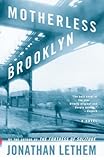 If the mysteries at the heart of both books are less than fully satisfying — I saw the big reveal in The Bohemian Highway coming about 30 pages early — that’s fine because the real subject of the books is not crime or detection, but the enigma of Claire herself. A survivor of a chaotic childhood in a pre-gentrification Brooklyn reminiscent of Jonathan Lethem’s Motherless Brooklyn, Claire hungers for truth in a world riven by ambiguity. She solves crimes not because she particularly cares whodunit, but because she wants the world to reveal itself, to give up its secrets and shades of gray. When she can’t find the truth, she begins to unravel, to the point that much of the second half of The Bohemian Highway is a brutally honest portrait of an addict’s slow-motion swan dive toward bottom. “With each day that passed something ugly was growing in me,” Claire explains. “I watched it grow. I fed it cocaine. I loved it and held onto it, kept it alive.”
If the mysteries at the heart of both books are less than fully satisfying — I saw the big reveal in The Bohemian Highway coming about 30 pages early — that’s fine because the real subject of the books is not crime or detection, but the enigma of Claire herself. A survivor of a chaotic childhood in a pre-gentrification Brooklyn reminiscent of Jonathan Lethem’s Motherless Brooklyn, Claire hungers for truth in a world riven by ambiguity. She solves crimes not because she particularly cares whodunit, but because she wants the world to reveal itself, to give up its secrets and shades of gray. When she can’t find the truth, she begins to unravel, to the point that much of the second half of The Bohemian Highway is a brutally honest portrait of an addict’s slow-motion swan dive toward bottom. “With each day that passed something ugly was growing in me,” Claire explains. “I watched it grow. I fed it cocaine. I loved it and held onto it, kept it alive.”
Claire DeWitt and the San Francisco of The Bohemian Highway are confections, no more real than Harry Potter and Hogwarts — or for that matter, than Sam Spade and the 1930s-era San Francisco of The Maltese Falcon. But Claire DeWitt and the Bohemian Highway is so deliciously odd, and its fictional world works so well within its own skewed logic, that to complain that Claire DeWitt’s San Francisco doesn’t match the real city now overrun by software engineers and young finance types is like complaining that there is no Platform 9¾ at King’s Cross Station. Great fiction presents fantasies in the place of real people and then, like magic, makes you care about them. In Claire DeWitt, Sara Gran has given the hard-boiled detective a good, hard hipster twist, creating a character with a savagely vigilant mind and a black heart always on the verge of breaking.




